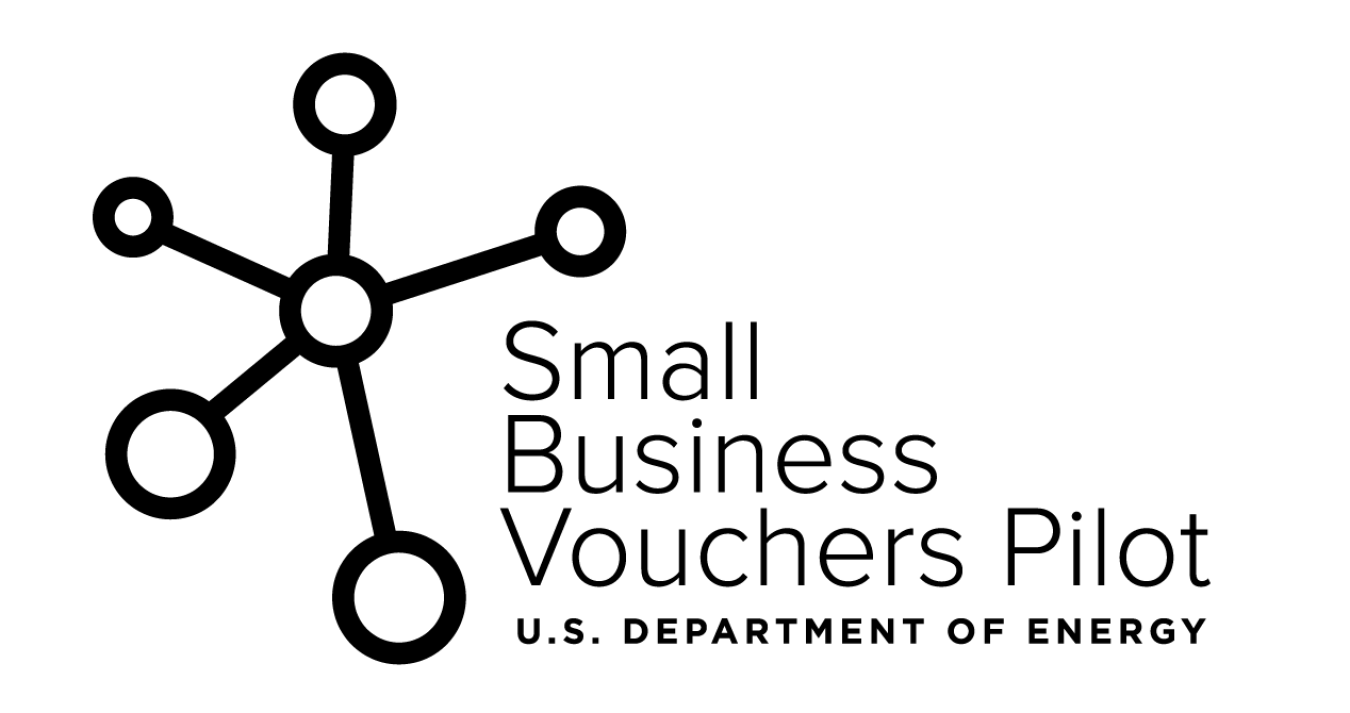DOE has selected 38 small businesses, including three businesses working on buildings-related issues, to collaborate with national lab researchers.
May 10, 2017
The U.S. Department of Energy (DOE) has selected 38 small businesses, including three businesses working on buildings-related issues, to collaborate with national lab researchers through the Small Business Vouchers (SBV) pilot. SBV facilitates access to the DOE national labs for American small businesses, enabling them to tap into intellectual and technical resources they need to overcome technology challenges for their advanced energy products and gain a global competitive advantage.
In the first two rounds of the program, 12 DOE national labs received funding to partner with 76 small businesses. With this third round of funding, SBV will have forged partnerships between 114 American small businesses and the national labs.
Small businesses developing advanced technologies often need unique facilities and experts to test, develop, and validate their innovative products. DOE national labs house these capabilities, but accessing the labs is a challenge most small businesses can’t overcome. SBV facilitates access to the DOE national labs for qualified small businesses by making the contracting process simple, lab practices transparent, and the labs’ unique facilities available.
The three projects in the buildings technology area will focus on developing more efficient commercial refrigeration systems, advanced modeling tools, and an inexpensive and noninvasive BTU meter. The three buildings-focused businesses selected in Round 3 include:
- SkyCool Systems, San Francisco, California: SkyCool Systems will work on improving the efficiency of their fluid-cooling panels for use in commercial refrigeration systems. Oak Ridge National Laboratory (ORNL) will help verify and validate the energy savings of the panels when used to sub-cool a refrigeration system, such as a walk-in freezer, and to model the enhanced system’s performance in a range of climate zones. Working with Oak Ridge National Laboratory
- Radiant Labs, Boulder, Colorado: Radiant Labs will work to expand the capabilities of their ResStock platform, which provides municipalities with modeling tools to trace energy consumption. This will help cities assess their carbon-saving goals and provide calculated annual energy savings by scaling and modeling existing conditions. Working with National Renewable Energy Laboratory
- FluxTeq, Blacksburg, Virginia: FluxTeq will develop an inexpensive and noninvasive BTU meter to replace current models, which are expensive and require intrusive installations. The project will partner with ORNL to test and validate the system before commercialization can occur. Working with Oak Ridge National Laboratory

